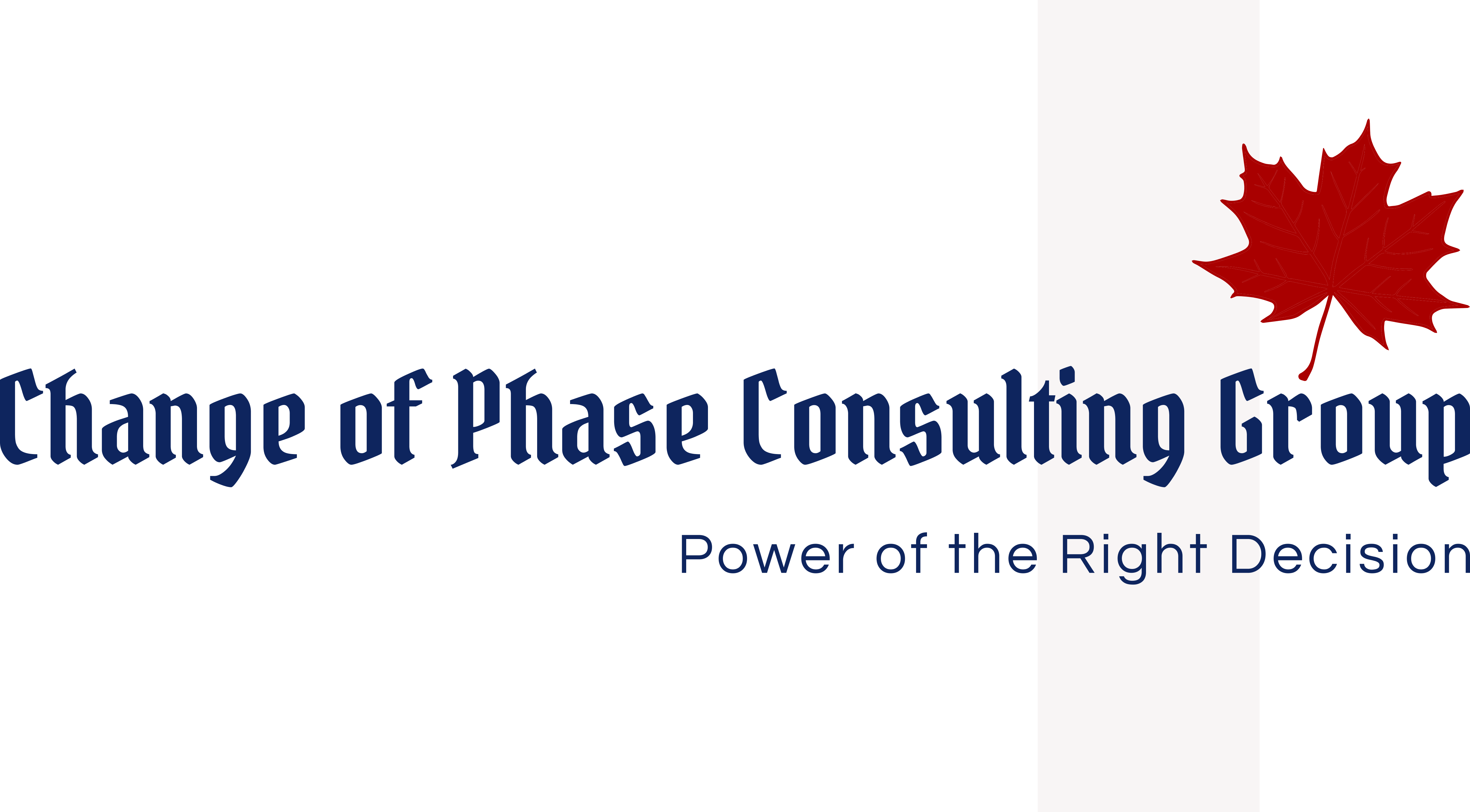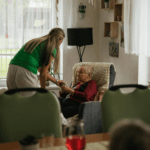Applying through Canada’s Home Support Worker (HSW) or Home Child Care Provider (HCCP) Pilots is an exciting opportunity to build a future in Canada while helping families and communities thrive.
However, before you begin your application, it’s essential to thoroughly and accurately prepare the proper documents. A well-organized application can make all the difference in processing time and increasing the likelihood of approval success.
Here’s a step-by-step guide to the documents you’ll need for a successful caregiver pilot application.
1. Proof of Job Offer
A valid, full-time job offer from a Canadian employer is the foundation of your application. You’ll need:
- A signed job offer letter or employment contract outlining job title, duties, hours, wages, and duration.
- The employer’s business registration or license to confirm authenticity.
- The position must align with one of the eligible NOC codes:
- Home Support Worker (NOC 44101)
- Home Child Care Provider (NOC 44100)
Tip: The job must be located outside the province of Quebec and be offered by a direct employer (not an agency).
2. Proof of Work Experience or Training
You must show that you meet the 6-month work or training requirement. Include:
- Employment reference letters from previous employers listing job title, duties, and employment dates.
- Payslips, employment contracts, or tax records to confirm employment.
- If you completed formal training (e.g., caregiving, nursing aide, early childhood education), provide:
- Certificates or diplomas.
- Transcripts showing at least six months of post-secondary classroom training in caregiving or a related field.
3. Education Documents
You must have at least the equivalent of a Canadian high school diploma or higher. Submit:
- Your academic certificates and transcripts.
- An Educational Credential Assessment (ECA) report from a designated organization, such as:
- World Education Services (WES)
- International Credential Assessment Service (ICAS)
- Comparative Education Service (CES)
- International Qualifications Assessment Service (IQAS)
The ECA verifies that your foreign education meets Canadian standards.
4. Language Test Results
You must demonstrate English or French proficiency at CLB Level 4 or higher. Acceptable tests include:
- IELTS General Training (for English)
- CELPIP General (for English)
- TEF Canada or TCF Canada (for French)
Include the original test report, showing results in all four skills: reading, writing, listening, and speaking.
Tip: Language test results must be less than two years old at the time of application.
5. Identification and Civil Status Documents
You’ll need to provide official documents proving your identity and family relationships:
- Passport (valid for at least one year).
- Birth certificate (for you and accompanying dependents).
- Marriage certificate, if applicable.
- Divorce or custody documents, if applicable.
- Children’s passports and birth certificates (if included in the application).
Make sure all documents are clear, translated into English or French, and certified true copies if required.
6. Proof of Admissibility
You and your family members must meet Canada’s admissibility standards. Provide:
- Medical examination results from a panel physician approved by IRCC.
- Police clearance certificates from every country where you’ve lived for more than six months since age 18.
- Background declaration forms, if requested.
These documents help IRCC ensure that you meet health and security requirements for permanent residence.
7. Application Forms and Supporting Materials
Complete and upload all required IRCC forms through the Permanent Residence (PR) Portal when the intake is open:
- Application for Permanent Residence (IMM form)
- Schedule A – Background/Declaration
- Additional Family Information form
- Use of Representative form (if applicable)
Double-check that every form is fully completed, digitally signed, and consistent with your documents.
8. Optional but Helpful Supporting Documents
Adding supplementary materials can strengthen your application, such as:
- Letters of recommendation from previous employers or clients.
- Certificates of participation in first aid, CPR, or caregiver training.
- Proof of community involvement or volunteer work related to caregiving.
These extra details help demonstrate your commitment and professionalism.
9. Translating and Formatting Documents
All documents not in English or French must be accompanied by:
- A certified translation from a professional translator.
- A copy of the original document.
- An affidavit confirming translation accuracy (if applicable).
Use clear scans, label each file accurately, and follow the document naming and format instructions in the PR Portal.
10. Review Before Submission
Before you submit, carefully review your complete package to ensure:
- All required fields are filled out.
- Uploaded documents are legible and properly labeled.
- File sizes and formats meet IRCC’s online portal requirements.
A complete and well-organized application helps IRCC process your case more efficiently and reduces the risk of delays.
Final Thoughts
The Home Support Worker and Home Child Care Provider Pilots are incredible opportunities for caregivers to gain permanent residence in Canada — but success depends on thorough preparation and accuracy.
At Change of Phase Consulting Group, we specialize in guiding caregivers through every document, step, and requirement. Whether you’re gathering your first paperwork or finalizing your PR submission, our team ensures your application is complete and compliant.
Contact Us
If you’re planning to apply under the HSW or HCCP program and need help organizing your documentation or confirming your eligibility, visit our Contact Us page.
Change of Phase Consulting Group is here to help you every step of the way toward your permanent residence in Canada.










Leave A Comment